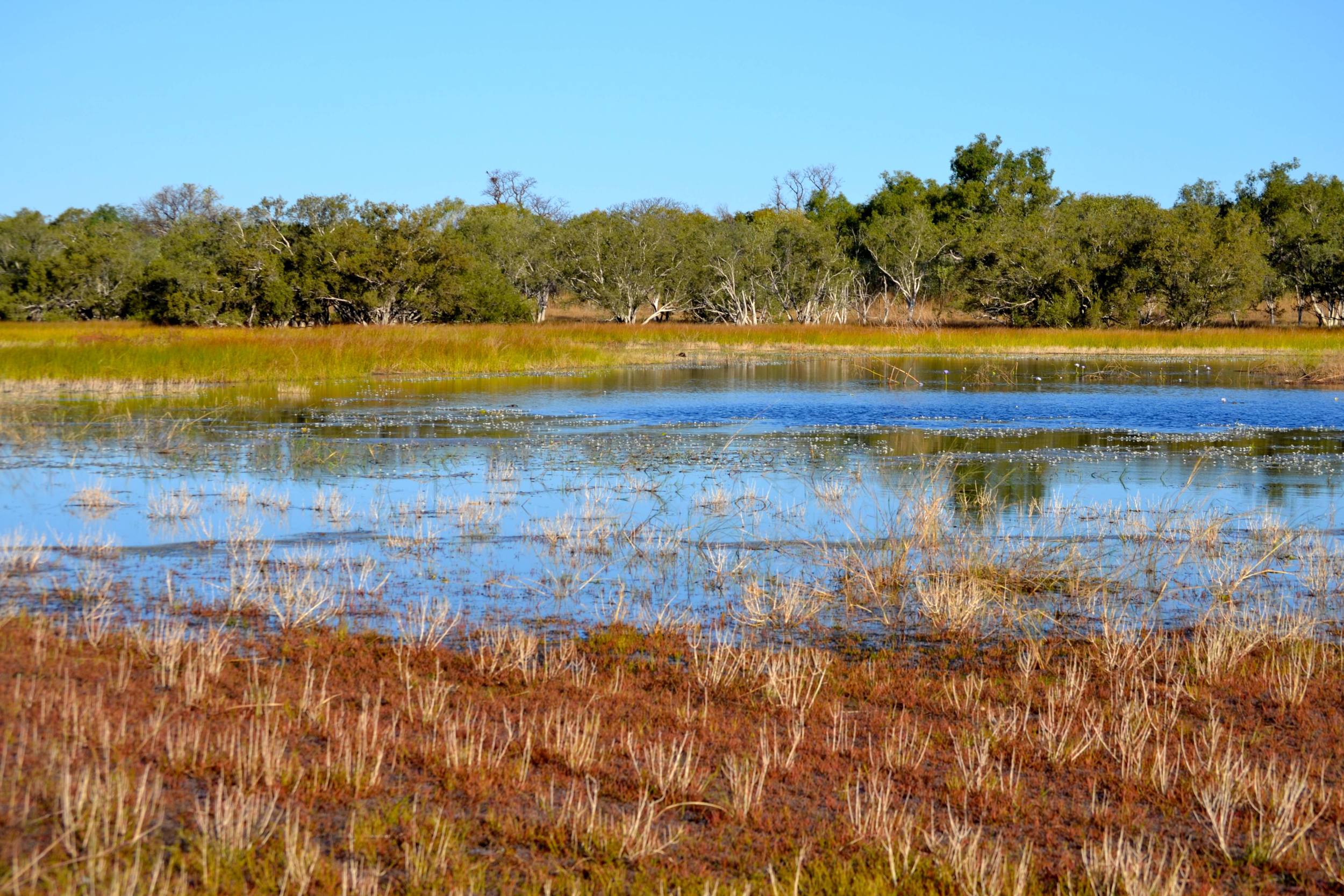Only a few years ago, the tiny Kimberley community of Mowanjum reported a spike in suicide—six young people took their lives in the short space of six months.
Since then, community members and local people have been involved in a range of suicide prevention strategies, including on-country trips and vocational training on Mowanjum pastoral lease.
But these programs are now under threat by French nuclear energy company Areva.
The Native Title Tribunal has just determined that the Department of Mines and Petroleum may grant an exploration license to the company.
Half of Areva’s tenement falls on the recently determined Nyikina Mangala native title claim, and it’s also in the backyard of Derby residents.
Nyikina Mangala Traditional Owner Rona Charles, says in April and July each year, local kids from the communities of Pandanus and Mowanjum are taken to a place on the tenement called Munkajarra.
It’s a pristine place—a wetland fringed with boab trees and bright with birds.
Here, Nyikina Mangala and Ngarinyin kids are taught traditional dance, corroboree and hunting.
“There have been a lot of problems with depression and suicide in Mowanjum and Pandanus. A lot of the families are very poor. Some don’t have vehicles. So what some of us in the community do for these kids, is take them hunting and teach them ceremony at Munkajarra,” Ms Charles says
In September 2013, a group of about 20 kids came to Munkajarra to learn how to use cameras so they could record the cultural traditions that the senior people were teaching.
“Film and photos are a new way to look after our traditions and culture—so not just through the spoken word and stories of our people.”
Ms Charles says the tenement area is particularly special because of the prevalence of water; it borders the King Sound, is close to the Fitzroy River and is plaited with underground springs, wetlands and marshes.
“The Fitzroy River, the waterways and the water sources in our country have provided for our people, our ancestors, since the first people were here. It is a life source for us. We only have the one river and this country, to look after us, our kids, and the generations that follow. The environmental risks linked with uranium mining are too great for Nyikina Mangala to accept,” Ms Charles says.
Wayne Bergmann, Chairperson of the Nyikina Mangala Prescribed Body Corporate (PBC) says the risks to country and culture posed by the exploration far outweigh the benefits.
“Areva’s exploration tenement covers Mowanjum pastoral lease, where suicide prevention programs are underway that give our young people hope, purpose and meaningful training and employment.”
“Nyikina Mangala people have a moratorium on uranium exploration and mining because we know it can seriously damage country.”
“Further, in 2013, this French multinational only employed one local Aboriginal person.”
Nyikina Mangala objected to Areva’s initial application for an exploration license. When the case was referred to the Native Title Tribunal, the tribunal decided in favour of the uranium explorer.
“This decision reinforces our understanding that the implementation of the Native Title Act discriminates against Aboriginal people and reduces the ability of Traditional Owners to determine what activities occur on their country,” Mr Bergmann says.




